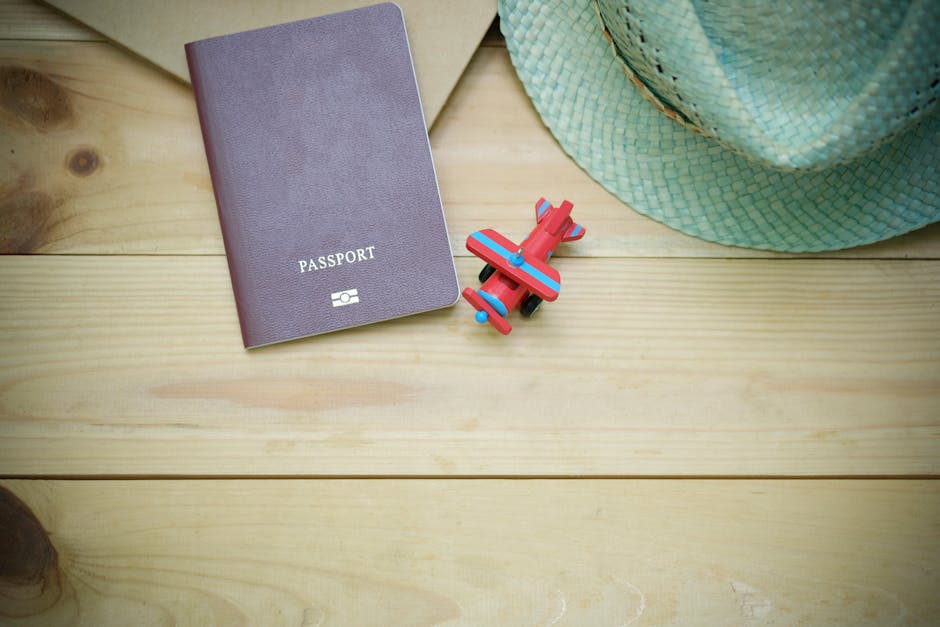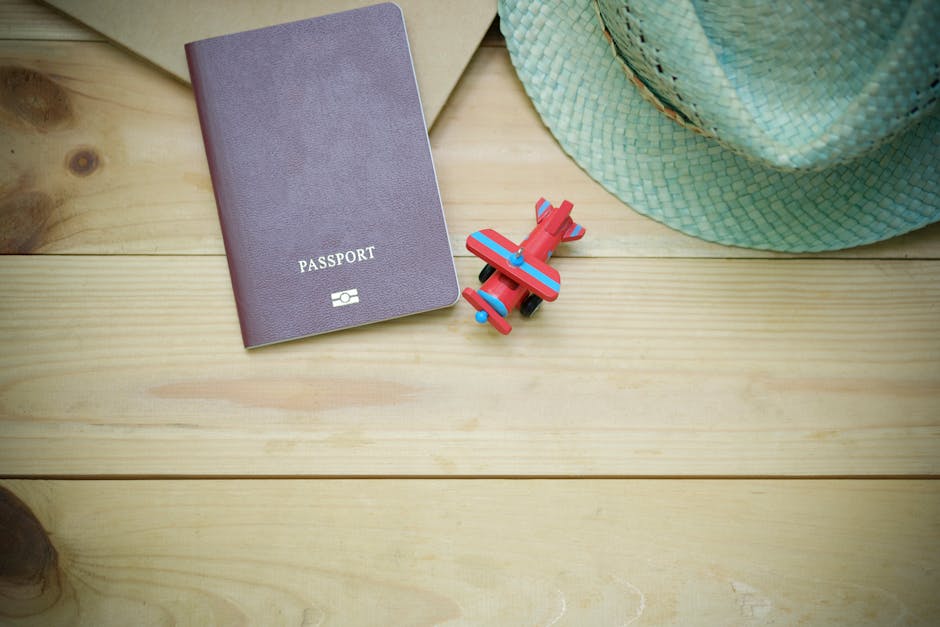Visa & Documentation for Specialty Catering Staff in Oman
Understanding Oman’s Visa Requirements for Catering Staff
Oman has specific visa categories for foreign workers, particularly in the hospitality sector. The Ministry of Labour and the Royal Oman Police oversee these regulations. Firstly, employers must understand the different types of work permits available. For instance, specialty chefs, bakers, and sommeliers often fall under the skilled worker category. Consequently, this classification affects salary requirements and documentation. Additionally, recent updates to Oman’s labour laws have streamlined some processes. Therefore, staying current with official channels is essential for compliance.
Key Documentation for Catering Employment Visas in Oman
Gathering the correct paperwork is the most critical step. Missing or incorrect documents can cause significant delays. The mandatory documents include:
- Valid passport with minimum 6 months validity
- Professional qualification certificates (attested)
- Employment contract signed by both parties
- Medical fitness certificate from approved health centers
- Passport-sized photographs with white background
Moreover, educational and professional certificates require proper attestation. This process often involves verification from the Omani embassy in the employee’s home country. For example, a chef’s culinary degree must be authenticated to prove their specialty status. Furthermore, the employer must provide a commercial registration document and company card. According to the Royal Oman Police, all documents must be translated into Arabic by a certified translator.
Step-by-Step Visa Process for Catering Professionals
The visa application process involves multiple stages. Understanding this sequence prevents unnecessary complications.
Step 1: Labour Clearance and Work Permit Application
First, the employer obtains labour clearance from the Ministry of Labour. This step confirms that no Omani national is available for the position. Subsequently, the company applies for the employee’s work permit. This permit authorizes the individual to work in Oman specifically in the catering field.
Step 2: Entry Visa and Arrival
After securing the work permit, the employee applies for an entry visa. They can then travel to Oman. Importantly, the entry visa is typically valid for 30 days. During this period, the employee must complete the next steps.
Step 3: Medical Test and Biometrics
Upon arrival, the employee undergoes a medical test at approved health centers. This test screens for infectious diseases. Additionally, they must provide biometric data (fingerprints) at the Royal Oman Police premises.
Step 4: Residency Card (Resident Permit) Issuance
Finally, after passing the medical exam, the employee receives their resident card. This card serves as their official ID in Oman and must be renewed periodically. The entire process for visa & documentation for specialty catering staff in Oman usually takes 4-8 weeks. However, timing can vary based on the employer’s preparedness and government processing speeds.
Challenges in Obtaining Visas for Catering Staff and Solutions
Employers often face several hurdles during the visa process. Common challenges include document attestation delays, changing regulations, and medical test failures. For instance, a medical test revealing a communicable disease will result in visa denial and immediate deportation. Therefore, a pre-departure medical check in the home country is highly advisable. Additionally, Oman’s Ministry of Labour periodically revises its policy on expatriate workers. Consequently, partnering with a local PRO or HR expert can help navigate these changes efficiently.
Legal Compliance and Sponsorship Regulations
Omani law mandates that all expatriate workers must have a local sponsor. Typically, the employer acts as the sponsor. The sponsorship system (Kafala) ties the employee to the employer. Therefore, changing employers requires a No Objection Certificate (NOC) from the current sponsor. Importantly, recent reforms have introduced more flexibility, allowing job mobility under certain conditions. Nonetheless, understanding these legal bonds is crucial for both employers and employees to avoid contractual disputes.
Renewing and Cancelling Catering Staff Visas in Oman
Visa renewal is a straightforward process if started early. Employers should begin the renewal process 30 days before the expiry date. The renewal requires updated medical tests for some professions and payment of government fees. Conversely, visa cancellation occurs when employment ends. The employer must cancel the work permit and residency card. Subsequently, the employee enters a grace period (usually 30 days) to either find a new job or leave the country. Failure to comply can result in fines and travel bans. The Oman Government Portal provides detailed checklists for both procedures.
Why Professional Guidance is Essential for Catering Staff Visa
The intricacies of Omani immigration law make professional assistance valuable. Specialized HR firms understand the nuances of visa & documentation for specialty catering staff in Oman. They can expedite processing, ensure accuracy, and provide updates on legal changes. For example, they know which health centers are approved for medical tests and how to handle document attestation quickly. Ultimately, this expertise saves time, reduces stress, and prevents costly errors that could jeopardize your staffing plans. Many businesses utilize our Resources to stay informed.
FAQ: Visa & Documentation for Specialty Catering Staff in Oman
What is the typical processing time for a catering staff visa in Oman?
The entire process, from work permit application to residency card issuance, typically takes 4 to 8 weeks. However, this duration can vary based on the employer’s documentation readiness and government processing times.
Can a catering worker bring their family to Oman?
Yes, but this depends on the employee’s monthly salary. Current regulations often require a minimum salary threshold (e.g., OMR 300-600) to be eligible for family sponsorship. The employer must support the application.
What are the common reasons for visa rejection for catering staff?
Common reasons include incomplete document attestation, a failed medical test, an incorrect company quota, or discrepancies in the employment contract. A previous overstay or ban in a GCC country can also cause rejection.
How long can a catering employee stay in Oman after job termination?
After official visa cancellation, employees typically receive a 30-day grace period to either change their sponsorship and get a new job or exit the country. Overstaying this period incurs daily fines and a potential travel ban.
Do I need to use a agency for visa & documentation for specialty catering staff in Oman?
While not legally mandatory, using a specialized agency is highly recommended. They navigate bureaucracy efficiently, minimize errors, and stay updated on frequent regulation changes, ultimately saving time and ensuring compliance. You can Contact Us for expert help.
Conclusion: Ensuring a Smooth Visa Process for Your Team
In conclusion, successfully securing the necessary visa & documentation for specialty catering staff in Oman demands careful attention to detail and an understanding of evolving regulations. By following the outlined steps—from document preparation to residency card collection—you can navigate the system effectively. Remember, professional guidance is a valuable asset in this complex process. Ultimately, proper planning ensures your culinary talent arrives ready to contribute to Oman’s dynamic catering and hospitality industry. Do not let paperwork hinder your business growth. Book an Appointment with our experts today to streamline your visa process and secure your staffing needs efficiently.




